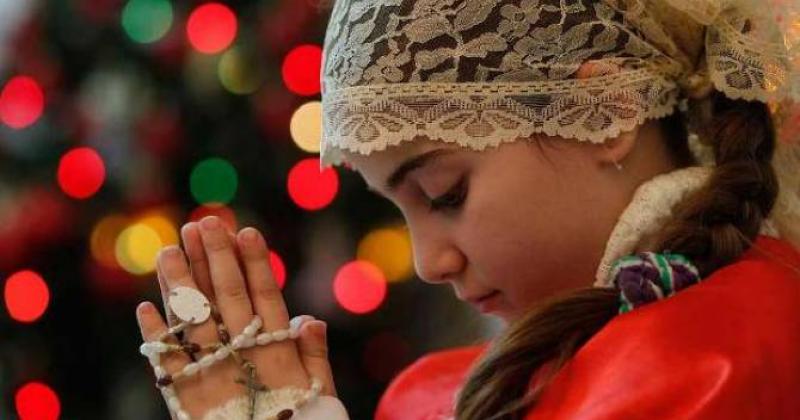Jordan marks this year the 40th anniversary of the unification of the dates of two major Christian holidays, namely Christmas and Easter. As for the mechanism adopted by Jordan, the heads of Churches agreed since 1975 to have the faithful who follow the Gregorian calendar celebrate Easter alongside their brethren who follow the Julian calendar.
All the Churches celebrate Christmas on December 25 every year.
Forty years after adopting this measure, Jordan actually prides itself on being the only country in the world that has unified both holidays at a time when some fraternal and neighboring countries, such as Palestine, adopted “partial unification”. This term of “partiality” represents the status quo, particularly with regards to the holy places and the rights that have been assumed traditionally and constantly by every Church centuries ago.
In concomitance with the initiatives relevant to the Islamic-Christian dialogue in whose direction Jordan has undertaken pioneering strides at the local, regional and international levels through launching organized dialogues and grand conferences since the 1980s, the Jordanians jointly celebrate Christmas this year marking 40 years of incessant unification of holidays.
The question that remains to be answered is: What is the importance of the unification of the dates of the holidays? The answer is lucid and lively, as it makes all hearts beat in unison. This is what the Church discerns and seeks to attain due to its major role in the elimination of schism. For as St. Paul said:”There is one Christ, one baptism, and one Lord", then why are the holidays not celebrated on the same date?
Undoubtedly, the holidays hold the same significance for all. This implies celebrating the same values and doctrines which every party believes in. Actually, what we look forward to is the perpetuity of the “Jordanian case” without any interruption despite the fact that there have been some attempts in the past years to terminate this trend. Furthermore, it is important to note that Christmas has been observed as a national holiday since His Majesty King Abdullah ascended the throne in 1999 and endorsed it as a national holiday for all citizens.
Pope France had expressed earlier this year his sincere wish and the great readiness of the Catholic Church to endorse any decision taken by the Christian brethren of various Churches; whereby if a unanimous agreement is reached about abandoning the “Council of Nicaea” and its resolutions--which were issued in the year 325-- related to means of determining the date for the celebration of Easter, then the Church is ready to comply and undertake changes. What remains to be done is to ensure the compliance of the Orthodox brethren. It is to be recalled that the Orthodox Churches do not have a single head as is the case with Catholic Church, since there are independent Churches called "Autocephalous". This implies that every Church has a head, which is why it is not possible to bring this into reality without the endorsement of all the members without exception.
Next year will witness the meeting of the ecumenical Synod of the Orthodox Churches. One of the venerable patriarchs reported that this issue had been included on the agenda, but, according to him, it is not a top issue and it is not likely to pass. Today, we hope that next year, the "Year of the Jubilee of Mercy" will serve as a signal of love and unity, moving ahead hand-in-hand towards the unity of the common hearts starting with a simple step, namely unification of the dates marking the celebration of grand holidays.
